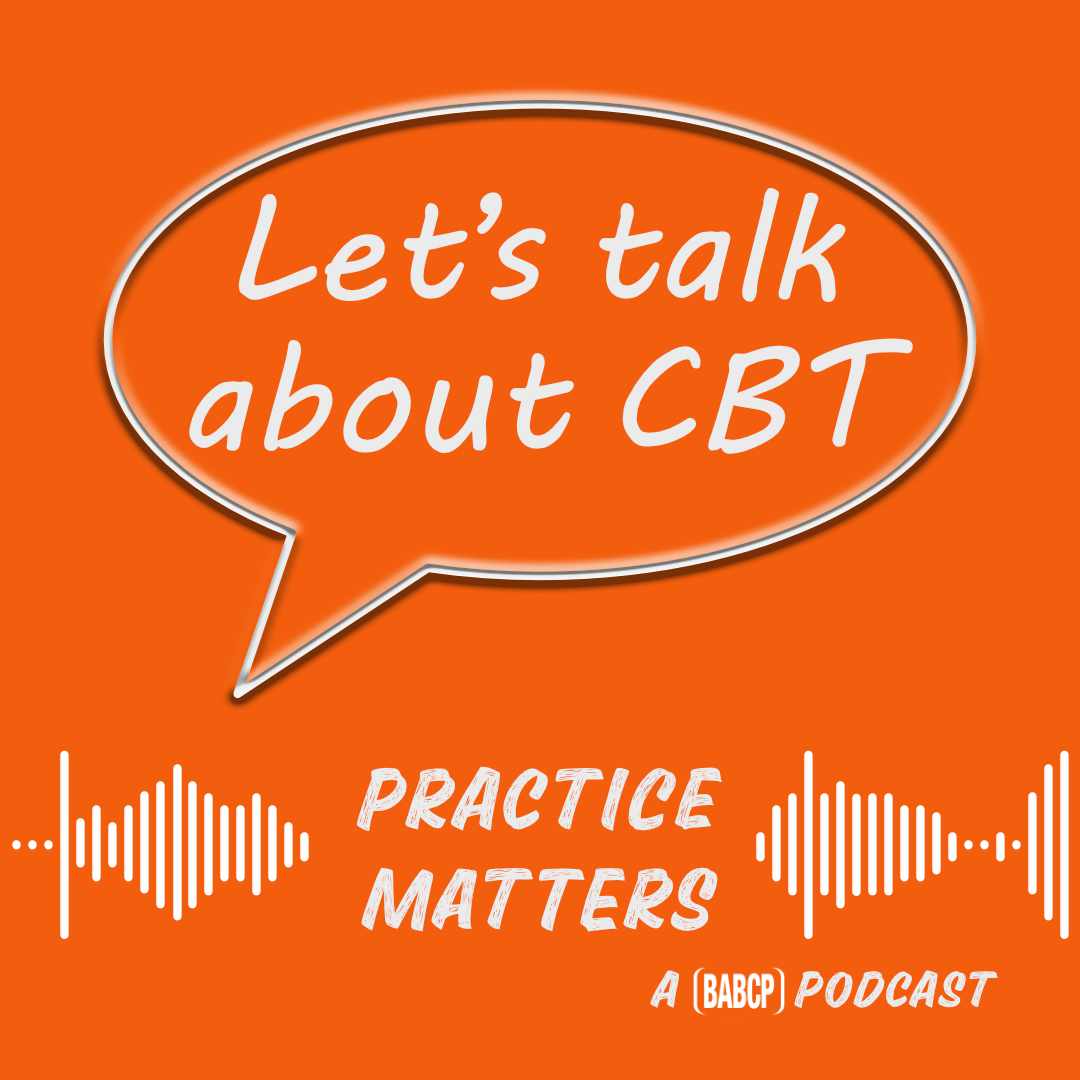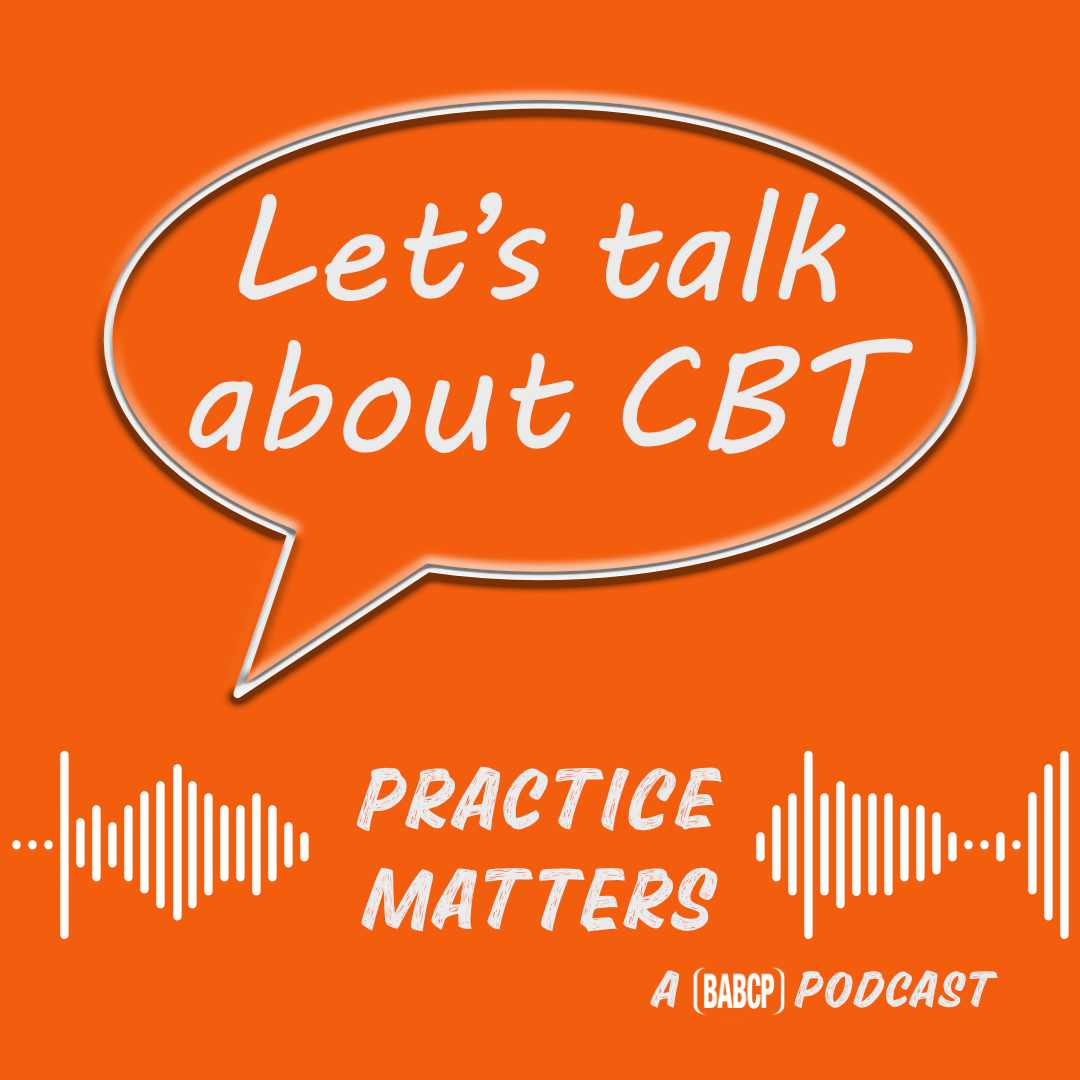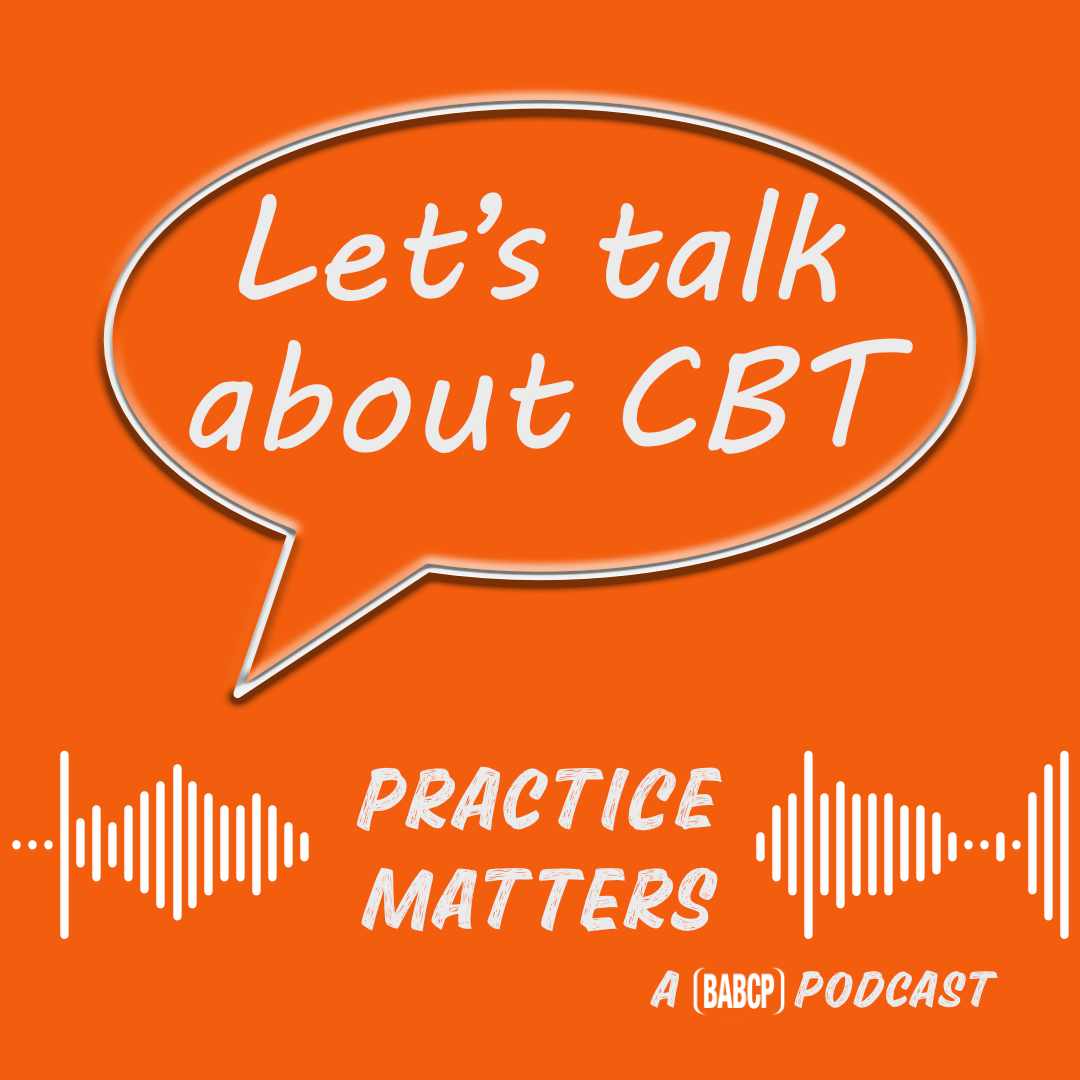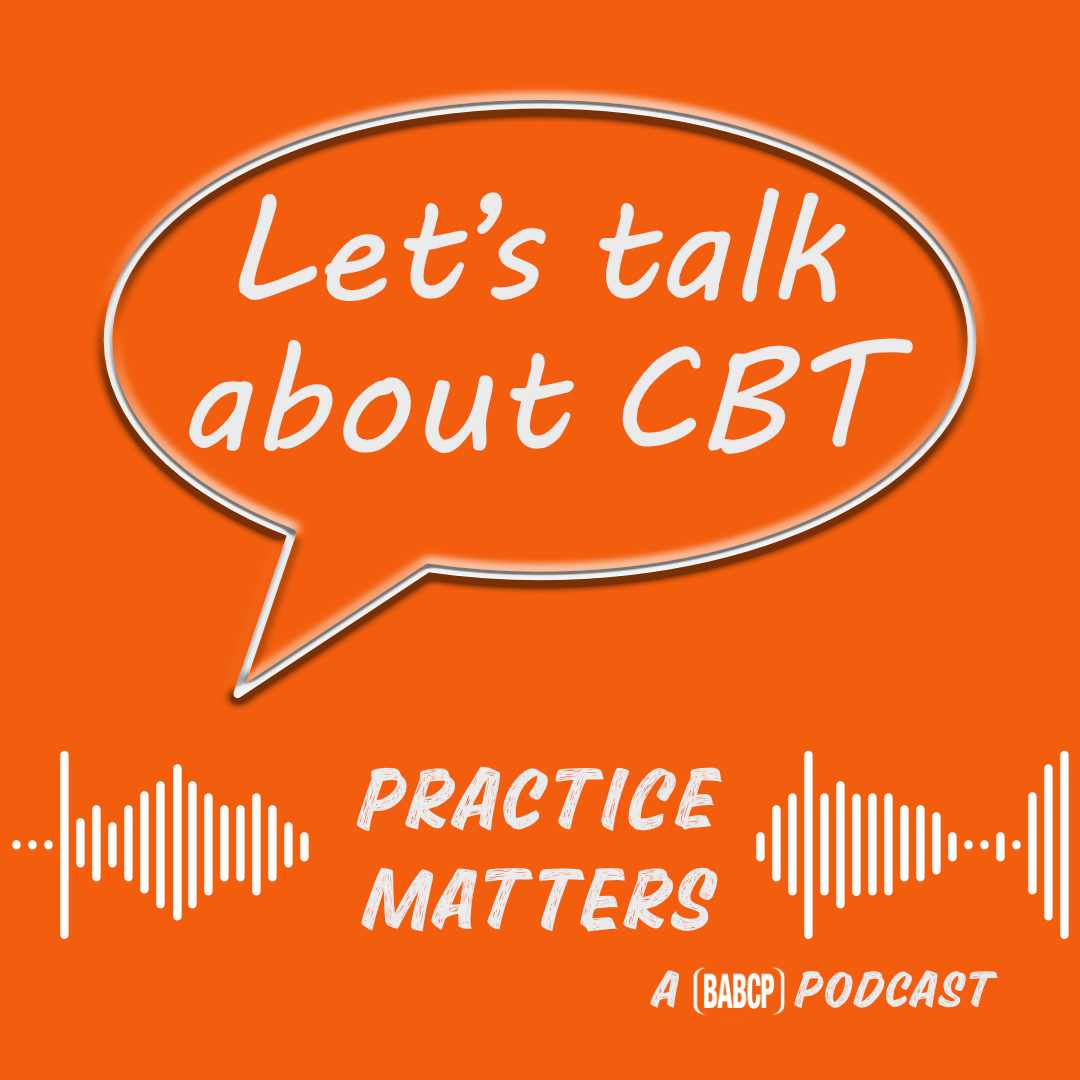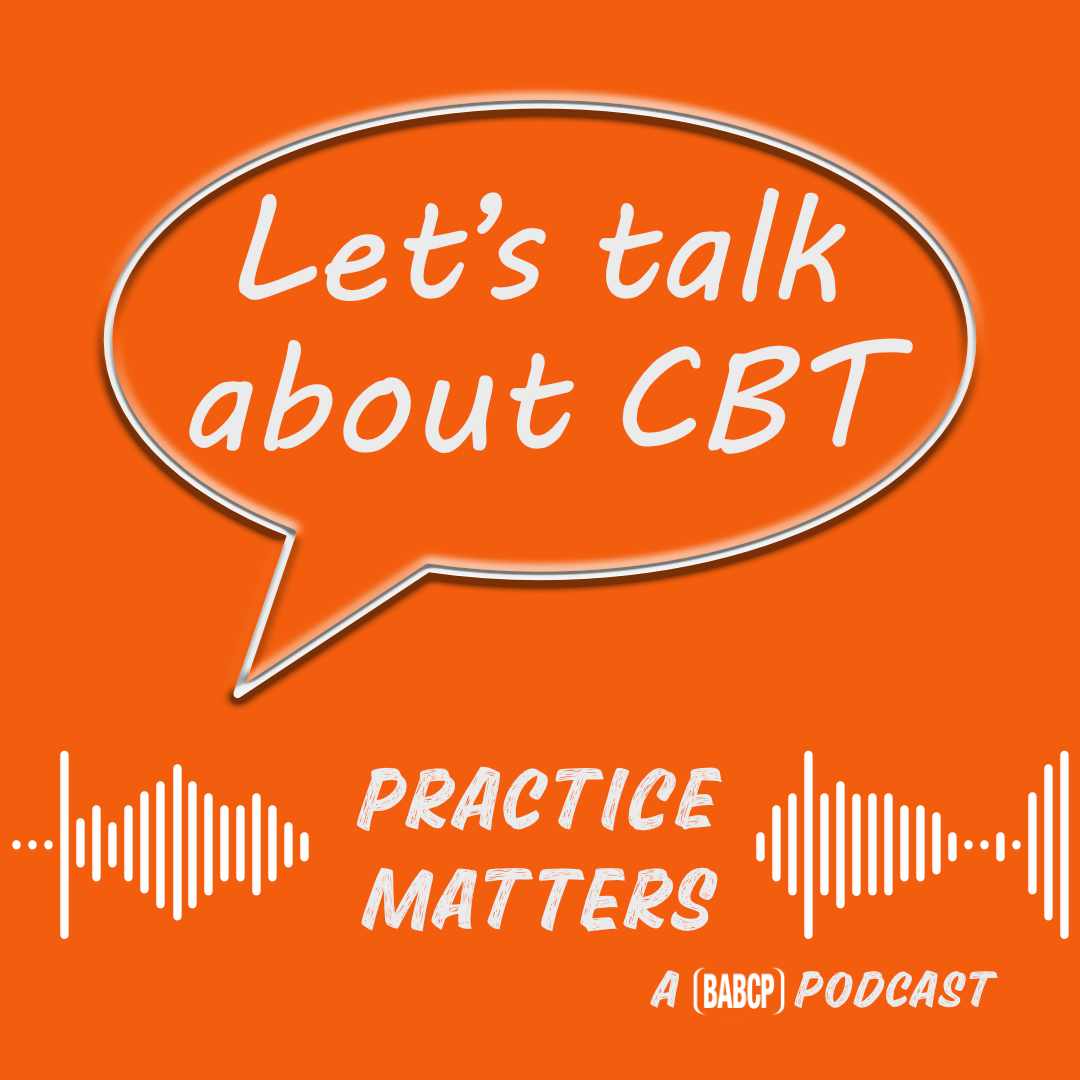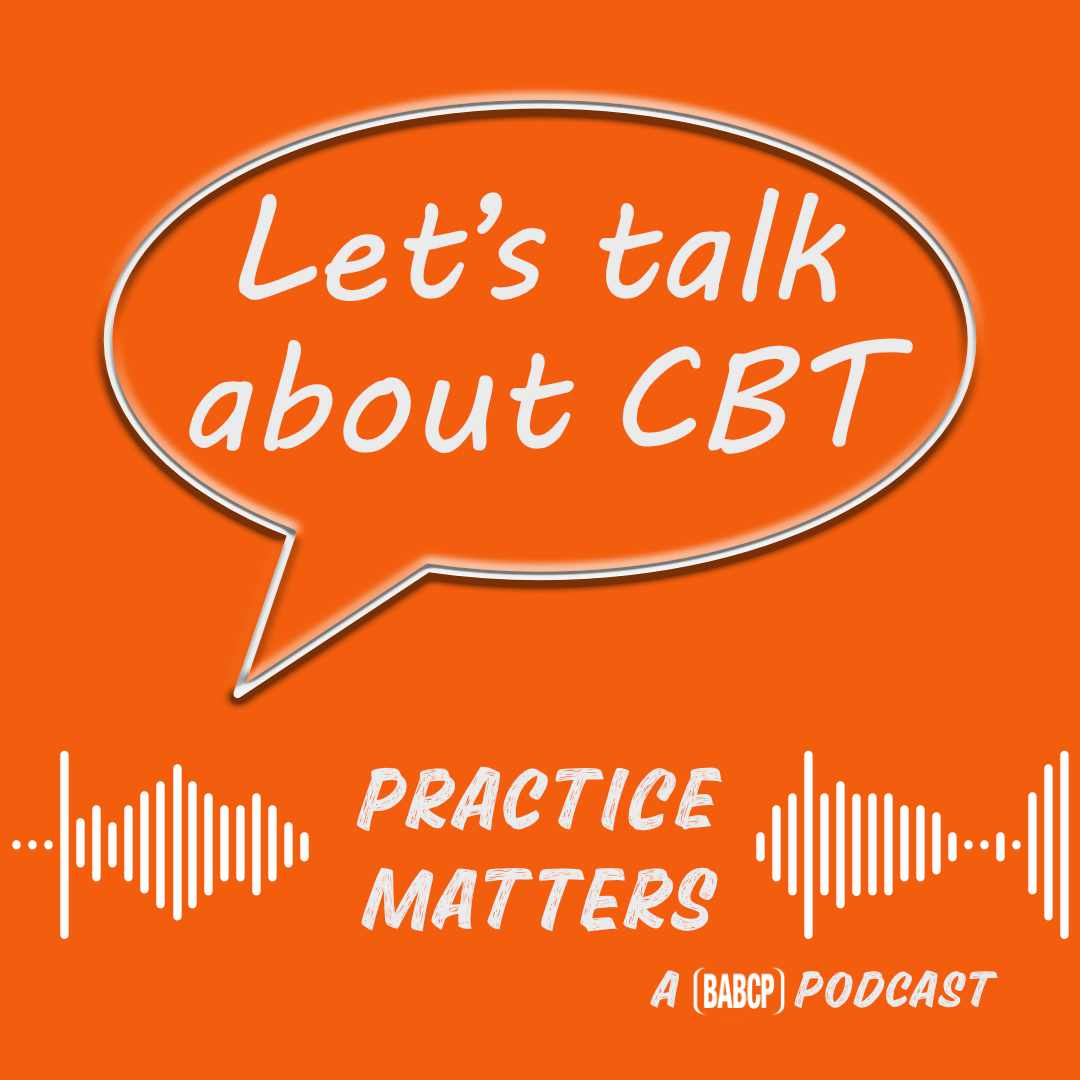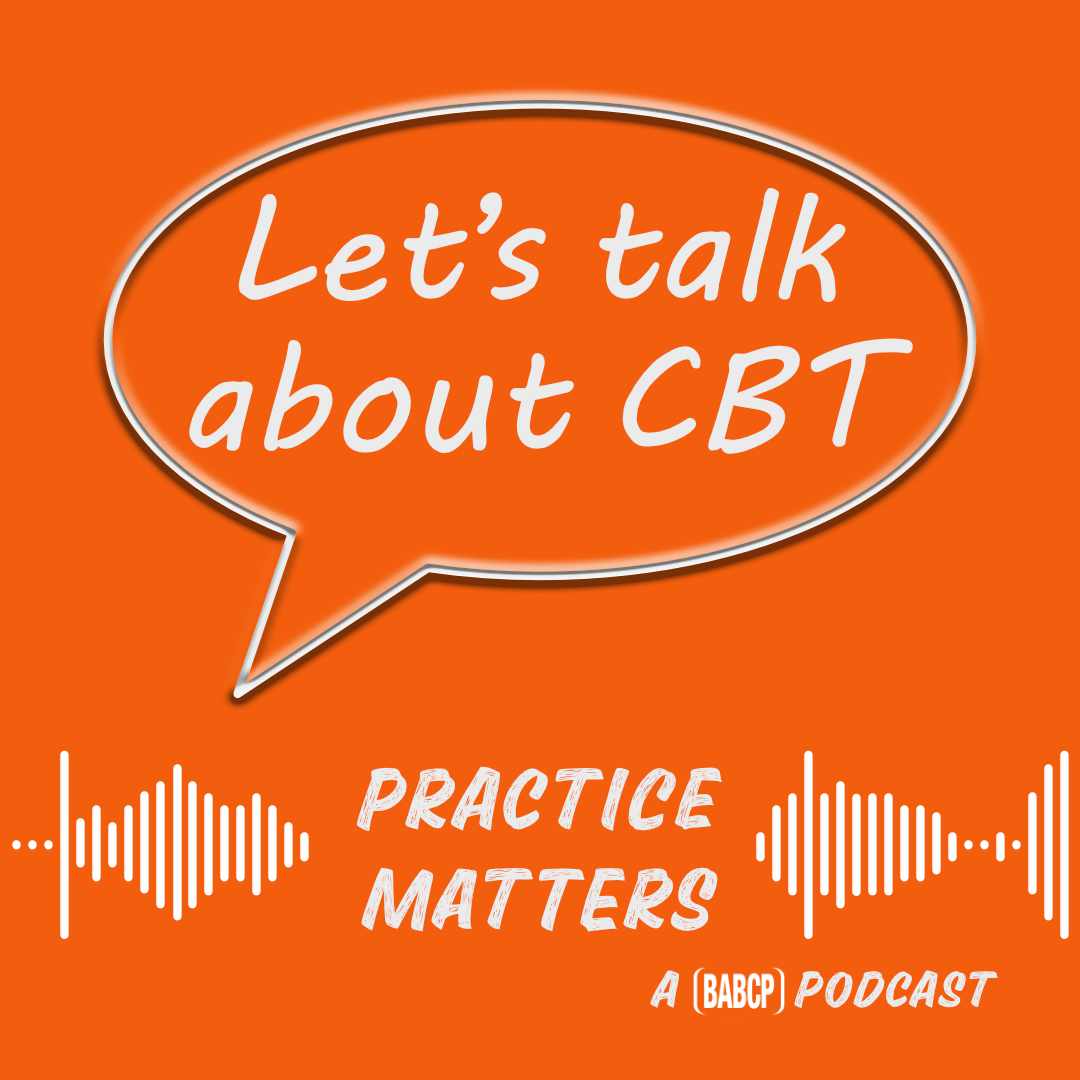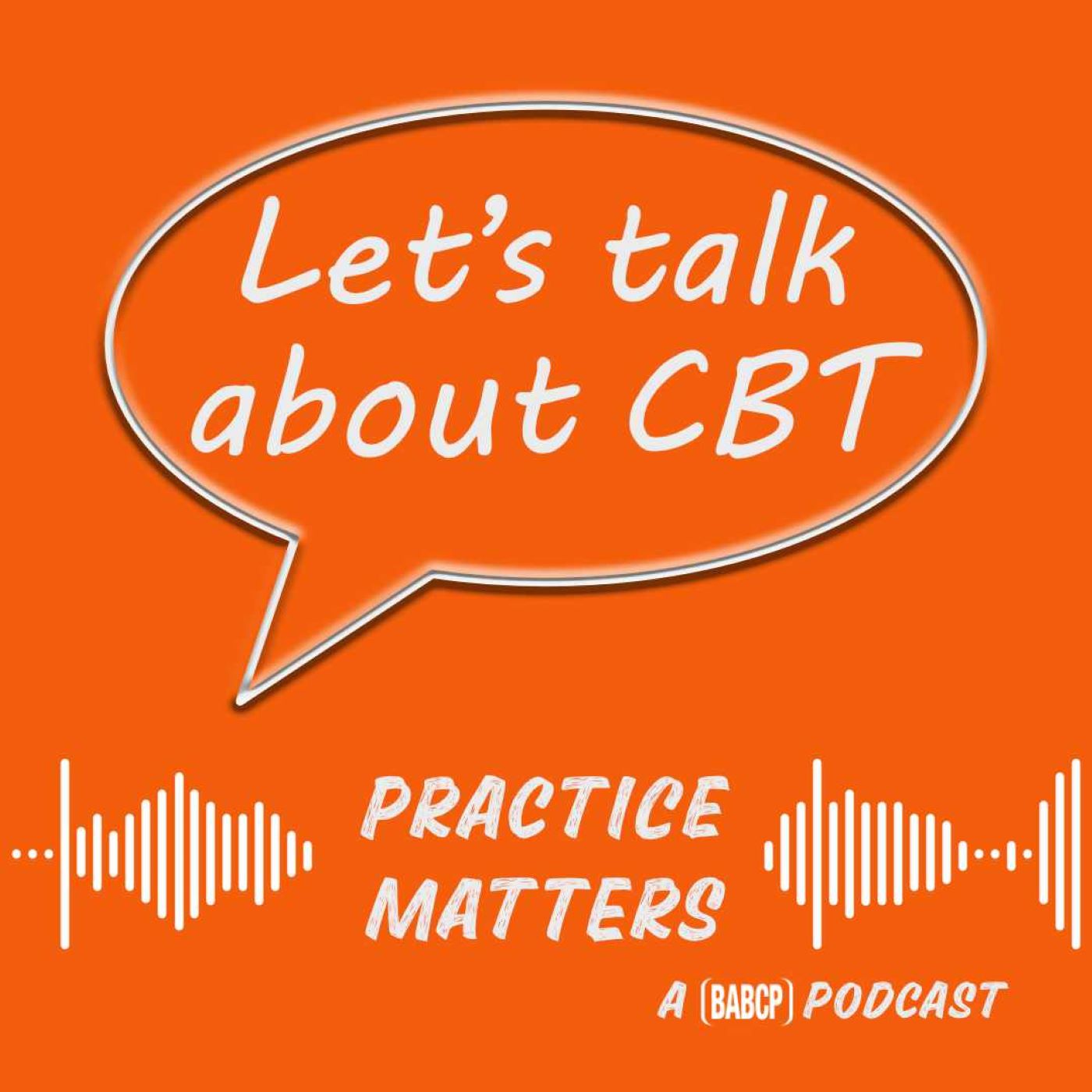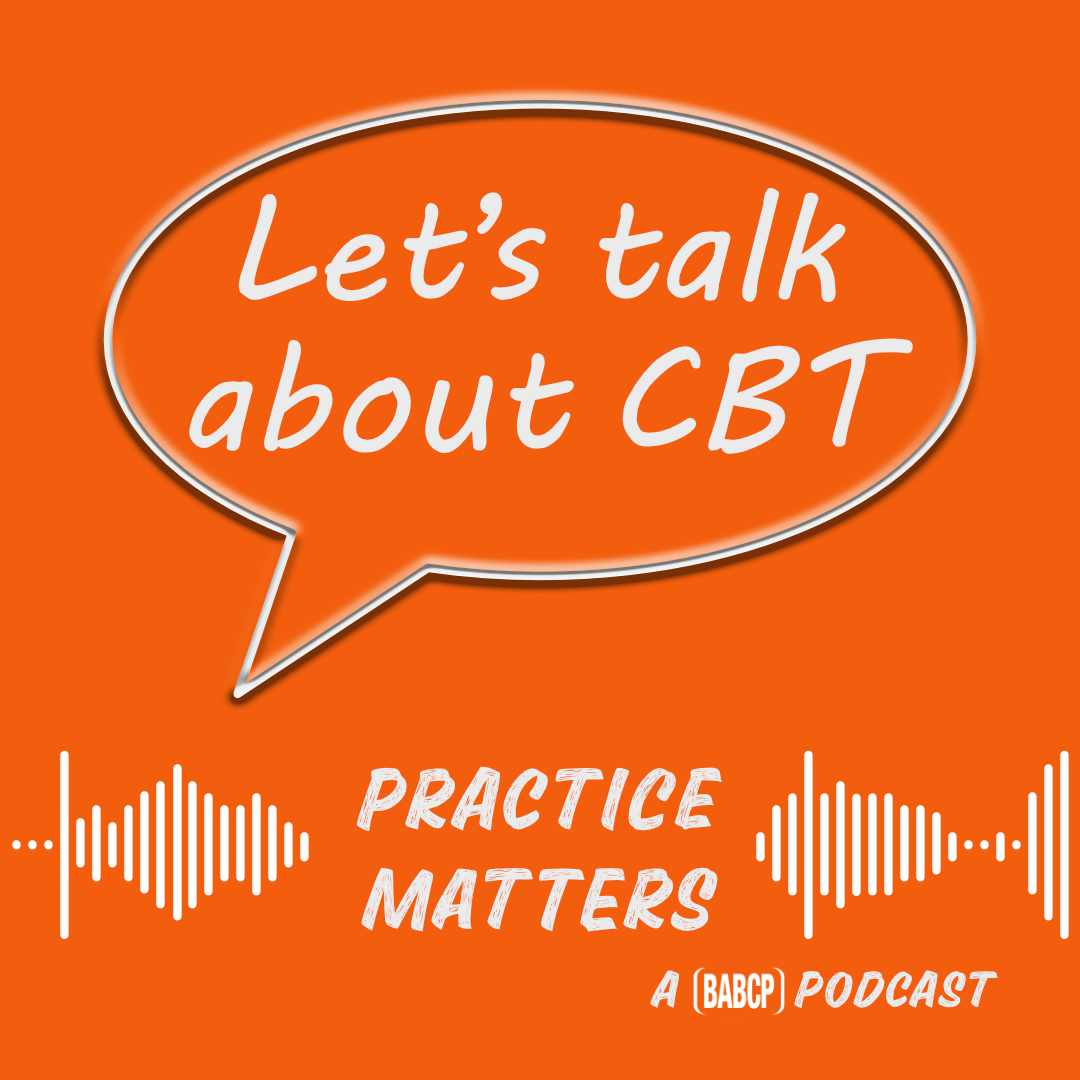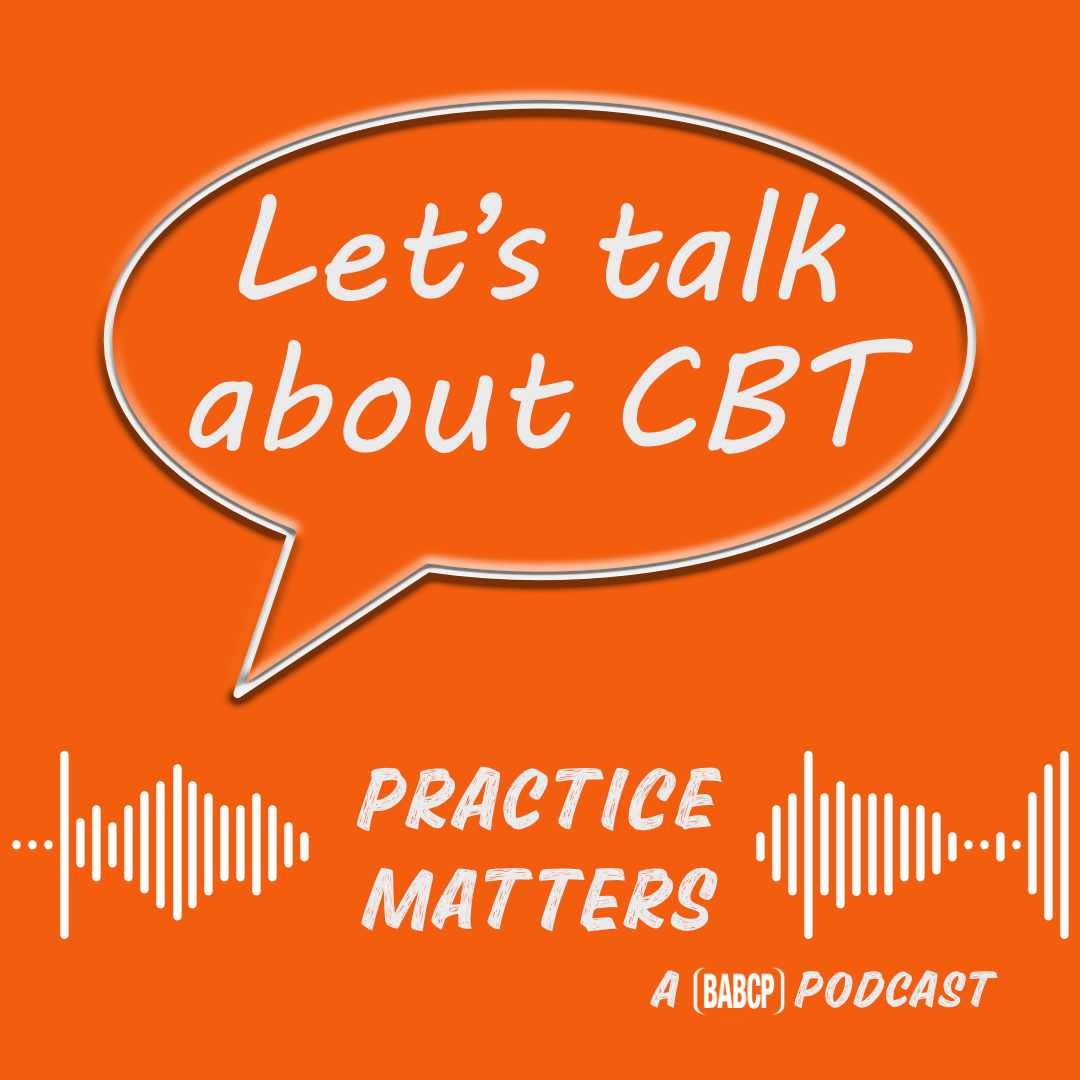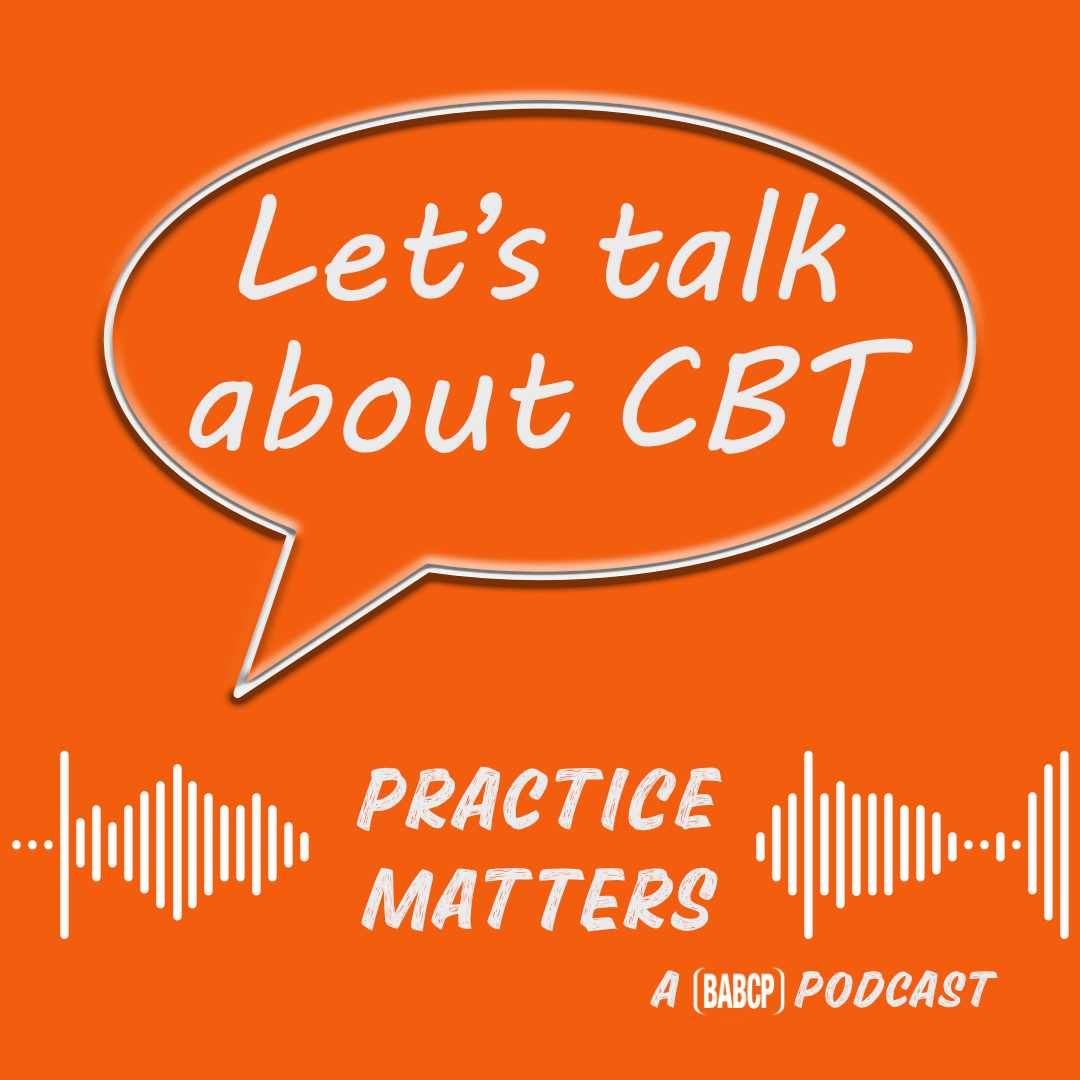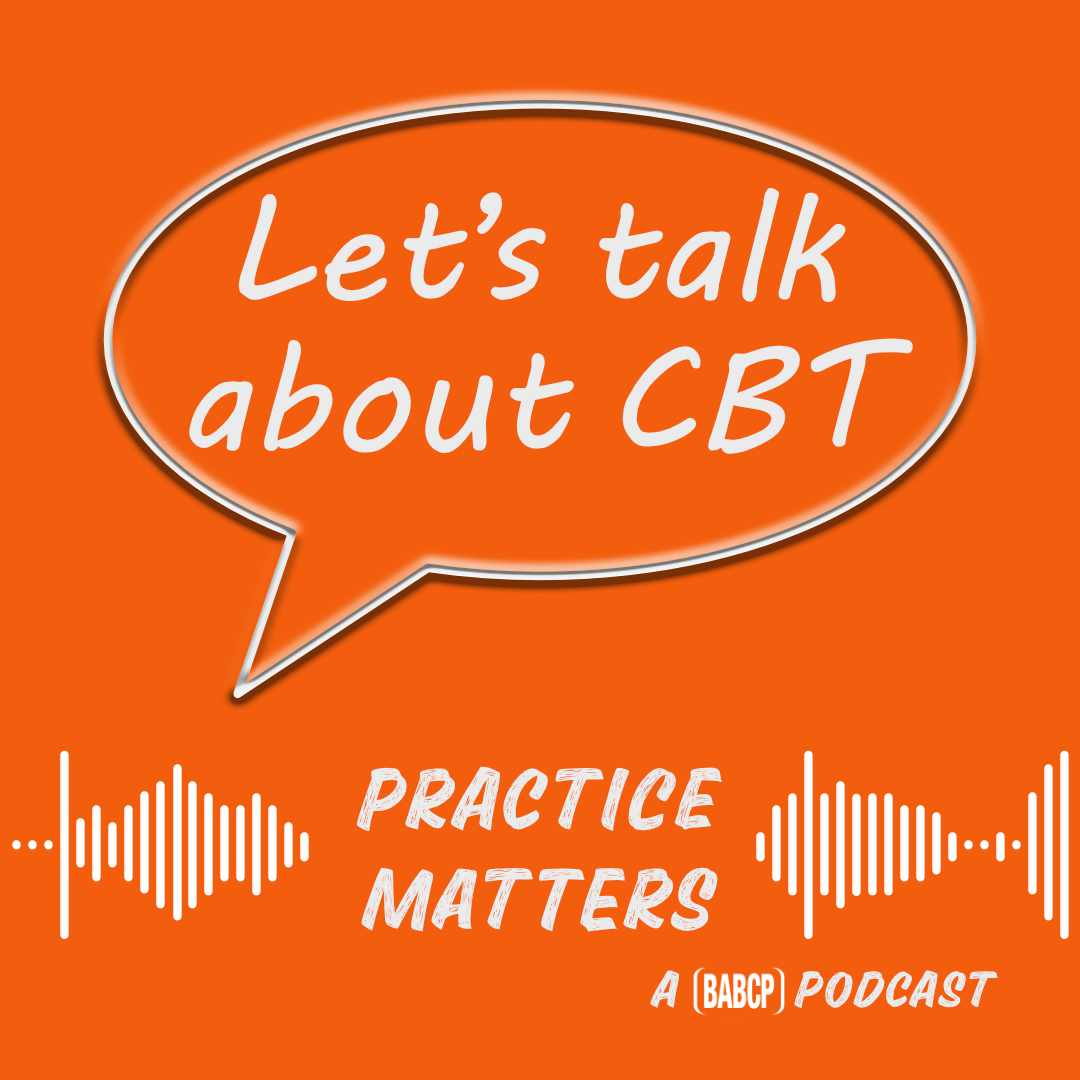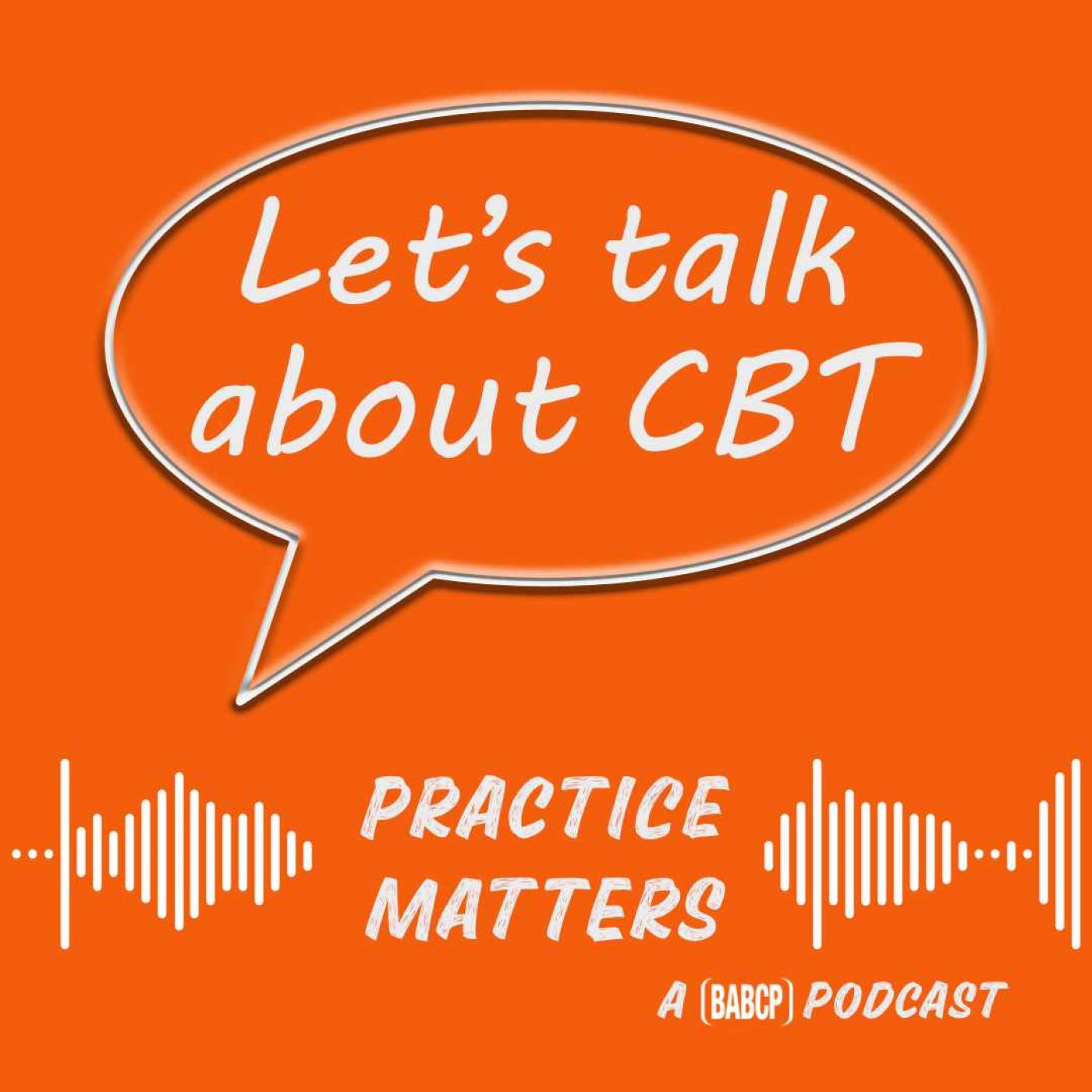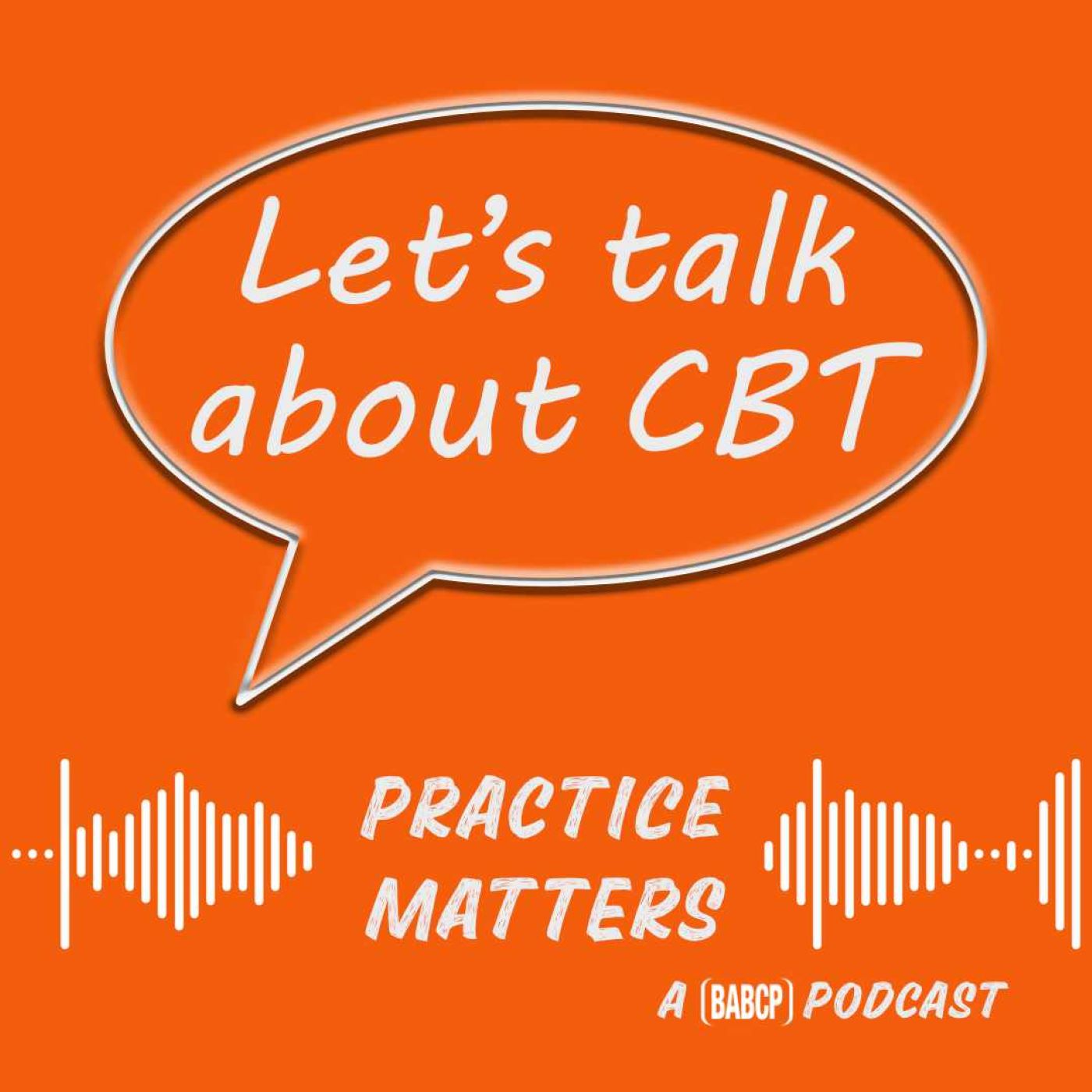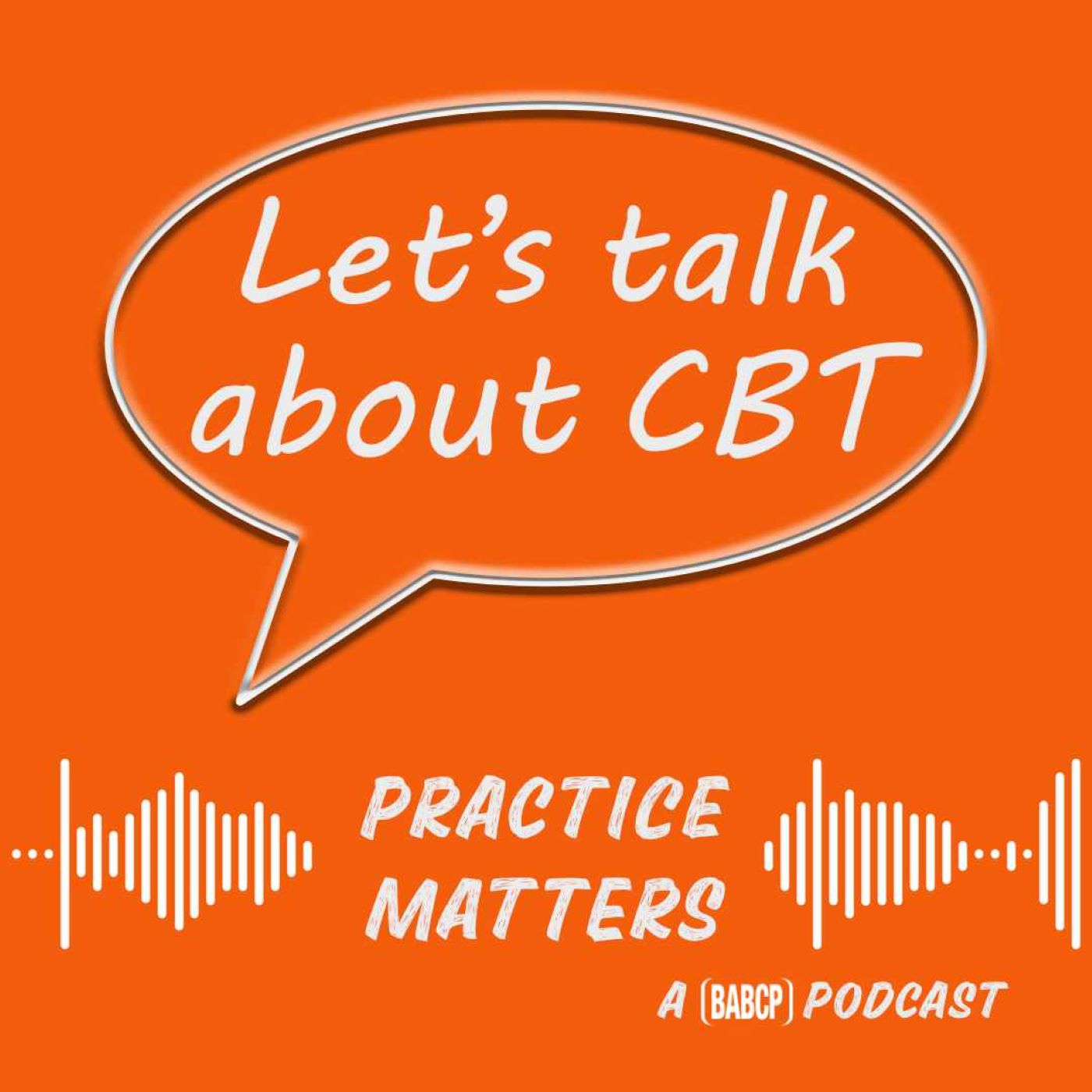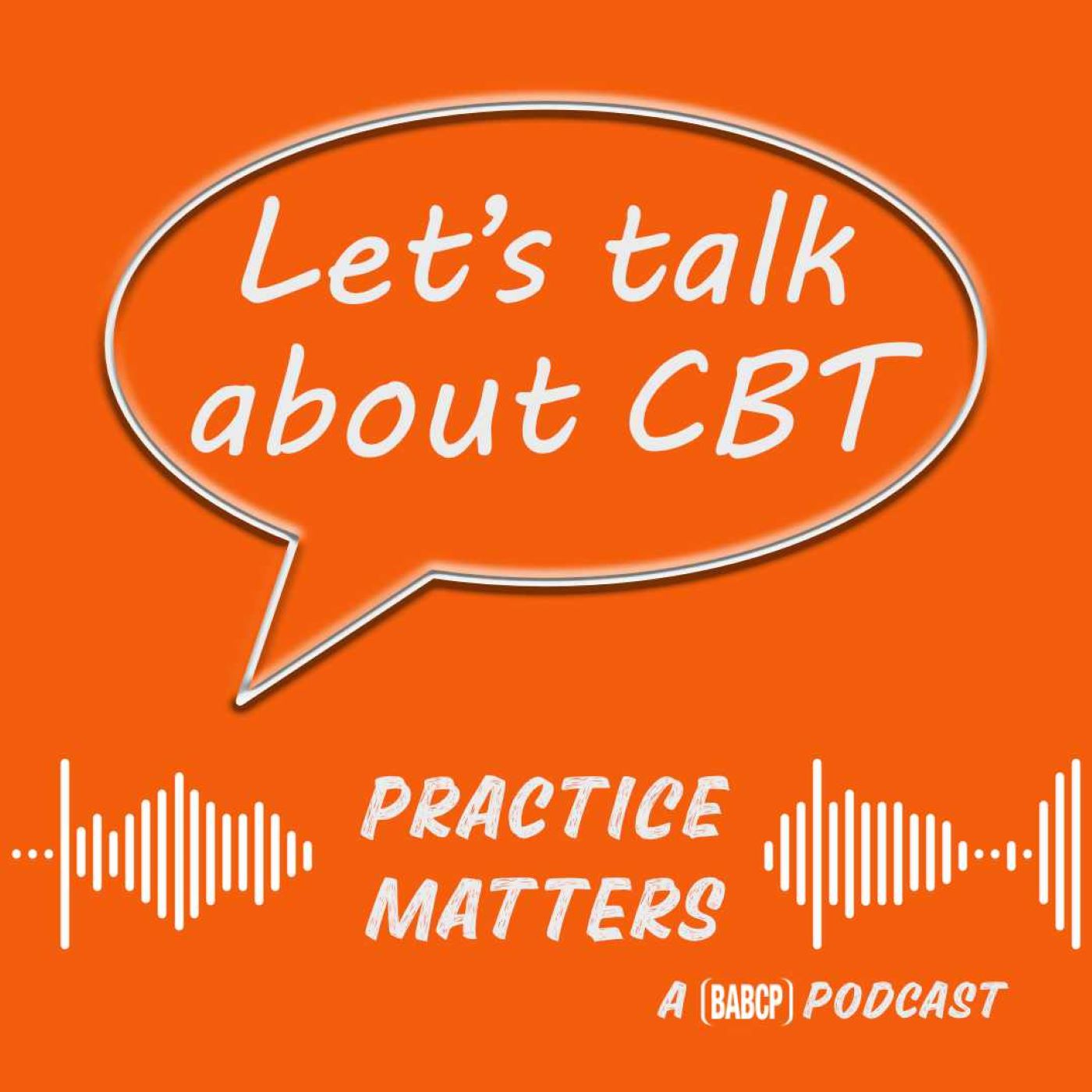"Your Gran was right! All you need is a good night's sleep"...Prof Colin Espie on CBT for sleep disorders
Description
In this episode, Rachel talks to Professor Colin Espie about cognitive behavioural interventions for insomnia. They discuss the importance of sleep, common misconceptions about sleep and the importance of trusting in the body's natural sleep processes. Colin highlights the high prevalence of sleep disorders and comorbidity with other mental health conditions that CBT therapists will commonly be treating. They discuss factors that maintain sleep problems and key evidence-based and effective approaches to addressing these obstacles that might help you and your patients to get a good night's sleep!
If you liked this episode and want to hear more, please do subscribe wherever you get your podcasts. You can follow us at @BABCPpodcasts on X or email us at podcasts@babcp.com.
Credits:
Music is Autmn Coffee by Bosnow from Uppbeat
Music from #Uppbeat (free for Creators!): https://uppbeat.io/t/bosnow/autumn-coffee
License code: 3F32NRBYH67P5MIF
This podcast was edited by Steph Curnow
Useful links:
Books:
The Clinician's Guide to Cognitive and Behavioural Therapeutics (CBTx) for Insomnia: A Scientist-Practitioner Approach (2024) by Colin A. Espie.
Overcoming Insomnia and Sleep Problems: A self-help guide using cognitive behavioural techniques (2021) 2nd Edition, by Colin A. Espie.
Papers:
Espie, C.A. (2023). Revisiting the Psychogiological Inhibition Model: a conceptual framework for understanding and treating insomnia using cognitive and behavioural therapeutics (CBTx). Journal of Sleep Research https://doi.org/10.1111/jsr.13841
Link to further papers:
https://www.ndcn.ox.ac.uk/team/colin-espie
Training links
https://www.scni.ox.ac.uk/study-with-us
Rachel: Welcome to Let's Talk About CBT Practice Matters, the BABCP podcast for therapists using Cognitive Behavioural Therapy with me, Rachel Handley. Each episode, we talk to an expert in CBT who share insights that will help you understand and apply CBT better to help your patients.
Today, I'm going to be talking to Professor Colin Espie about Cognitive Behavioural Interventions for Insomnia. Professor Espie is a Professor of Sleep Medicine in the Nuffield Department of Clinical Neurosciences at the University of Oxford. Since qualifying as a clinical psychologist in 1980, he's accumulated decades of research and expertise in the relationship between sleep and mental health and the understanding and treatment of sleep disorders particularly using cognitive behavioural therapeutics, a term we'll return to later in the podcast. He's also internationally recognised as a leading expert in the field and his work has been disseminated widely, not only through his many journal articles, books, and training programs, but also through his Sleepio app, which has supported improved access to evidence-based help.
So welcome Colin. It's brilliant to have you with us
Colin: Rachel, thank you very much for inviting me. It's great to be here.
Rachel: So, I'm going to start with a question that I've heard you say you always get asked in these interviews. So, we're going to get it right out of the way up front. You're an international sleep expert. How well do you sleep?
Colin: It's the journalist question, Rachel, isn't it? They usually ask at the end of the interview just when you're finishing up, Oh, by the way, how do you sleep? I'm actually a pretty good sleeper. I wake me quite early in the morning, you know, so I'm not a late night person.
Rachel: So, you haven't had to apply these techniques extensively to yourself, or is that something you do?
Colin: Well, the interesting thing, Rachel, is that I, and I'm sure it's true for everyone who's listening to the podcast, thinking about your own life, never mind the life of your clients and your patients that we all at times have difficulty sleeping. It's a normal experience, just the same as we all at times feel a little bit worried or anxious or have a period of feeling a bit depressed. And in some ways, the techniques that we use with our patients are kind of similar to what we try and do ourselves. Except we just need to apply them particularly rigorously, to help to remove more reluctant problems, shall we say. So I try not to lie awake in bed, for example. I try to, I better get up and go back to bed when I feel sleepy again, although it's not the easiest thing to do.
Rachel: So you've practiced what you preach
Colin: I, well, I try. I try.
Rachel: and you've been interested in sleep from very early in your career. So I believe you're only a few years qualified as a clinical psychologist when you organised your first international conference on sleep. And then later you carried out the first control trial in insomnia patients in 1989.
Colin: Yes.
Rachel: And so what got you interested in the field of insomnia personally, professionally?
Colin: Well, I think like, as with most things in life, its curiosity, isn't it? I started work, qualified in 1980 and I worked in primary care, seeing patients referred by general practitioners. That was very new at the time, getting direct referrals from GPs. And after a few months, one of the GPs said to me, "Colin, don't suppose there's anything you can do to help these people who can't sleep?" And I said, I don't know. Because we've never been taught anything really about sleep or its relationship to mental health. I'd been seeing lots of anxious people with depression and so on. So I said, send me a few patients. And I went to a thing called a library. And read some books, and some papers.
Rachel: libraries, what are they like?
Colin: I know, I know, so I, I tried to just find out as much as I could and discovered there was an emerging literature on behavioural therapies for insomnia. But mostly they'd been conducted in student populations and not with patients. So, in the mid-80s, I designed, as you said, kindly, the first trial of referred patients, and of course CBT had never been invented as a term then.
Rachel: So it was, it was all brand new and on many levels.
Colin: yeah, what I looked at initially were relaxation-based therapies and therapies based on something called stimulus control, which is, it's a behavioural approach if you like to try and help reestablish a good pattern. And I looked at something called Paradoxical Intention, which is a cognitive therapeutic, designed to overcome performance anxiety, in other words, to stop you trying to sleep. So these are the three interventions, which when I looked in the papers I could find, these were the three approaches that seemed to have some evidence base but hadn't been tried with patients. And I mounted a placebo-controlled trial as well. Pretty bold stuff, really, I think, back in the day, Rachel.
Rachel: Fantastic. And as you said, this is whole raft of interventions that you now have developed and gone forward to, and we'll talk a bit more about that as we go through this podcast today. I guess you're not the only person who was curious about sleep. I mean, it seems at the moment that we're all pretty obsessed with sleep. I can't scroll through my news app or a Sunday supplement without encountering at least one article on how to sleep better or on sleep problems, which does suggest that it's a problem, or at least a perceived problem for a lot of people. And anecdotally, my friends who work in higher education with undergraduates tell me that Gen Z is absolutely fixated on getting their eight hours sleep and they're in bed before their parents and their professors. So, so perhaps a good place for us to start talking about sleep problems is defining what good or normal sleep looks like, how we would define that, what it's for?
Colin: Yes, absolutely right, Rachel, slee

